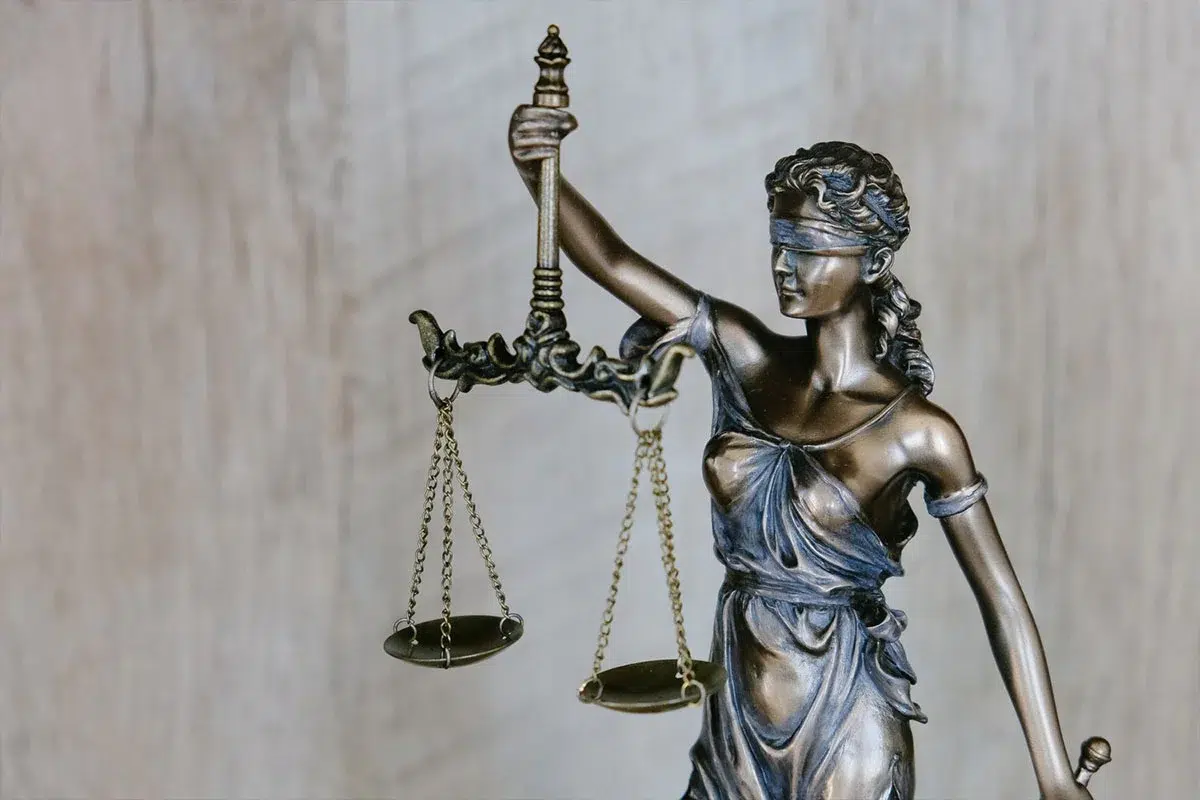Attorneys have a significant role in social justice movements by offering expert legal advice and support to people and groups looking to exercise their rights. In a community where legal matters often collide with questions of fairness, attorneys serve as essential allies for those affected by bias, inequality, and institutional injustices. The Complete Lawyer help guide through the intricacies of the legal system, empowering marginalized voices and ensuring that everyone has access to the justice they deserve.
In this article, we will examine the multifaceted roles that lawyers perform within social justice endeavors. From understanding the field of personal injury law and the rights of tenants to assisting clients through the legal process in criminal defense, attorneys provide important support in a variety of legal specialties. We will also cover important legal tips everyone should know, expectations during your premier legal consultation, and the usual legal missteps people make. By the end, you will have a more comprehensive perspective on how legal professionals contribute not only to individual cases but also to broader societal change.
Legal Guidance for Everyone
Moving through the judicial environment can be intimidating, but everyone should have a fundamental understanding of their entitlements and obligations. One critical aspect is knowing when to hire an lawyer. Whether you're facing a personal injury case, a family law issue, or a commercial dispute, identifying when professional legal guidance is necessary can greatly impact the result of your situation. Attorneys not only provide expertise but also help you maneuver through intricate legal processes.
Another important area to reflect on is the usual legal errors individuals make. Numerous individuals attempt to address legal matters on their own, leading to errors or misinterpretations that could have been prevented with appropriate counsel. Knowing what these mistakes are can help you avoid pitfalls that might jeopardize your case. Informing yourself about these errors can enable you to make educated decisions when legal issues arise.
Moreover, awareness of your entitlements can significantly improve your legal standing. For example, knowing your rights during a police stop or as an employee can prepare you for interactions with law enforcement or your boss. Awareness of these rights can play a key role in safeguarding yourself and ensuring that you receive fair treatment. Connecting with legal resources early on can lead to more favorable outcomes and foster confidence in dealing with legal matters.
Grasping One's Legal Entitlements
Comprehending your lawful rights is essential for traversing the nuances of the law. Whether you are facing a personal injury, facing employment issues, or needing help with family law, knowing your rights empowers you to advocate for yourself efficiently. For example, if you are interacted with by law enforcement, knowing your rights, such as the right to remain silent and the right to an attorney, can considerably influence the outcome of your situation.
In employment situations, it is crucial to be aware about what rights you hold as an employee. These rights involve just treatment, the right to safe working conditions, and protections against discrimination. If you feel that your rights as an employee have been violated, knowing the legal protections available to you can assist you take appropriate action and seek remedy. Consulting with an attorney can clarify these rights and lead you on the next steps.
Furthermore, in landlord-tenant relationships, being aware of your rights can prevent misunderstandings and conflicts. Tenants have particular rights regarding safety, privacy, and habitability. Landlords, on the other hand, have the right to collect rent and maintain their property. Educating yourself about these rights can foster a more amicable living situation and ensure that legal obligations are met on both sides. Hiring a lawyer who specializes in tenant rights can provide extra support and guidance.
Steering Through the Legal Procedure
Comprehending the legal procedure can be overwhelming, but having a distinct guideline can help alleviate some of the concern. Regardless of whether you are entangled in a civil lawsuit or exploring a family law matter, being aware what to anticipate can help you handle the complexities. Begin by acquainting yourself with key judicial terms and procedures, as this knowledge will empower you to engage more efficiently with your attorney and make informed decisions.
Hiring the appropriate attorney is crucial for managing any judicial situation effectively. When looking for advocacy, consider the specialization that corresponds with your specific needs, whether tort law, family law, or criminal law. During your initial consultation, talk about your case information openly, and be prepared to ask questions about their experience and methodology. This session is crucial, as it sets the tone for your professional relationship and helps you assess if they grasp your goals.

As you move through the judicial process, keeping organized documentation and clear communication with your attorney will be essential. Keep track of all communication, deadlines, and records from meetings. If circumstances change or new information arises, promptly inform your lawyer. Staying proactive and informed will not only help your case but also give you increased peace of mind during what can be a challenging time.
